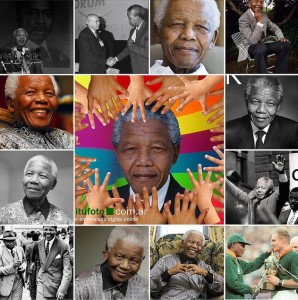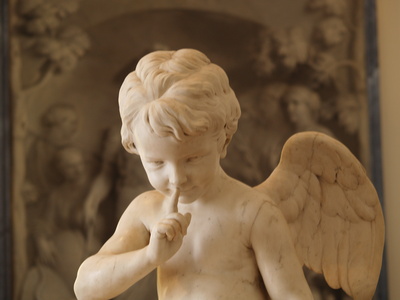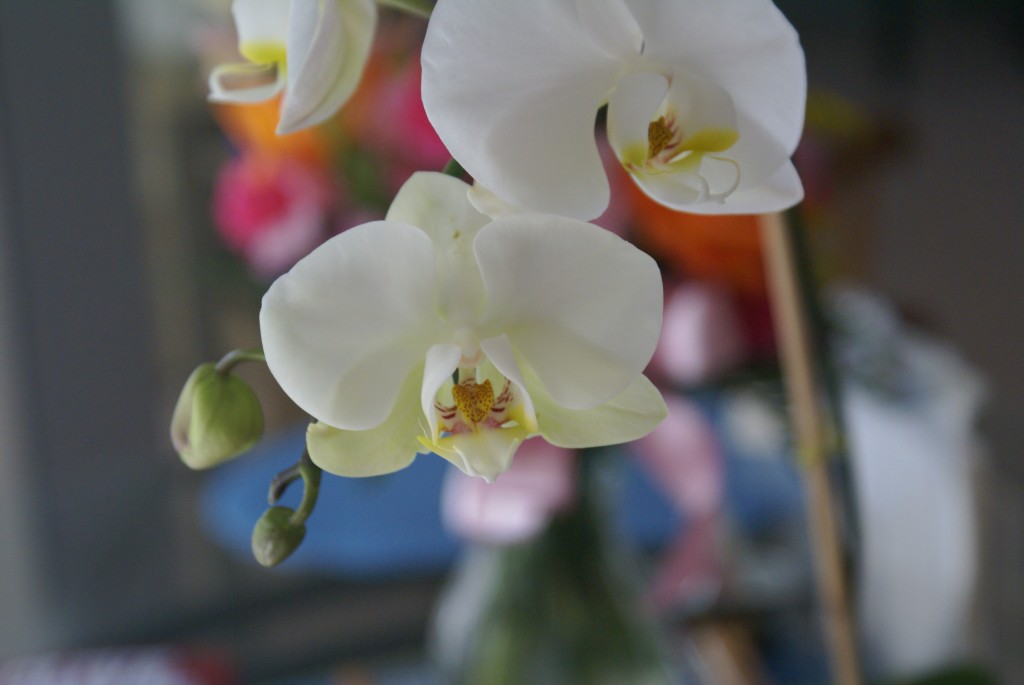 “The holiest place on Earth is where an ancient hatred becomes a present love.”
“The holiest place on Earth is where an ancient hatred becomes a present love.”
— A Course in Miracles
We saw the movie Invictus this weekend, and loved it. It was surprising! Most people know a little bit about Nelson Mandela, but do you know how he promoted reconciliation and unity of his country after apartheid? Invictus tells a small piece of that story – the piece that involves rugby.
Anyone would agree that South Africa’s apartheid, which literally means “apartness” or separateness, was abuse on a massive scale. And yet Nelson Mandela knew that the only way for South Africa to thrive was to build collaboration, and overcome the reflex for revenge and punishment. Understand – there had been a time, when civil disobedience failed, that Nelson Mandela supported armed revolt against brutality. He was considered a terrorist and spent 27 years in prison. (In fact, the US didn’t take him off their terror watch list until 2008.)
Despite the history of apartheid, despite his own personal suffering, he recognized the need for peace. When apartheid was finally banned, he looked forward, not back. He said, “As I walked out the door toward the gate that would lead to my freedom, I knew if I didn’t leave my bitterness and hatred behind, I’d still be in prison.”
Here are some of the lessons of Invictus:
- People can change.
- One person with a clear vision can change millions.
- Reconciliation begins by doing things together.
- Everyone can be better than they think they can be.
- When you’re inspired, you can defy the experts and exceed your own expectations.
- Your equanimity and warmth, even in the face of adversity, will bring out the best in the people around you.
Nelson Mandela photo Creative Commons © lms.photo on Flickr.com


